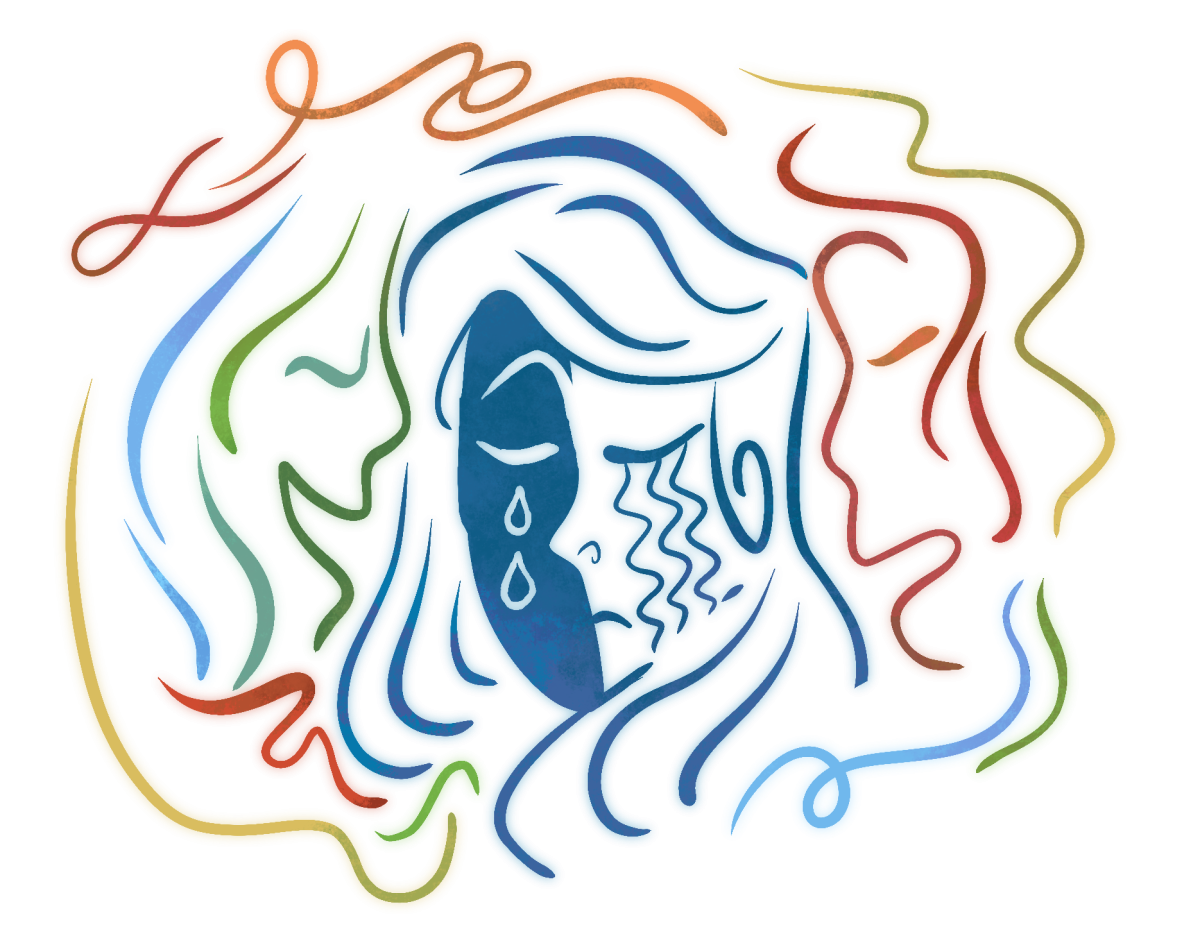When Ye, formerly known as Kanye West, launched his antisemitic tirade in late 2022, he fueled harmful rhetoric toward the 7.5 million Jewish Americans in the country, but those who retaliated by saying he needed to “get back on meds” spread another form of harm to nearly eight times that number.
There are 59.3 million Americans with some form of mental illness, according to the 2022 National Institute of Mental Health Census data. Most of them invisibly juggle to maintain their mental health and professional performance without the knowledge of their peers, and wanton statements about how they should do it are dehumanizing and diminish their experiences.
As communication gatekeepers, journalists uphold professional standards when covering mental illness to limit any potential harm, similar to how they report on racism and harassment, or sexual abuse.
Americans have long since embraced the ethical standards surrounding language of those other topics, and it’s time they do the same for mental illness.
According to the TEAM UP, Tools for Entertainment and Media, which is funded by Proposition 63 and administered by the California Mental Health Services Authority, journalists should follow a set of guidelines for mental health-related stories to prevent the spread of misinformation.
One question journalists must ask themselves is if mental illness is related to the story. A person showing irrational behavior can have multiple causes. While they could have a mental illness like schizophrenia, anxiety disorder or depression, they could instead be suffering ill effects from recreational or prescribed drugs. They could even have been exposed to an unknown substance, like a pollutant or roofies.
Simply labeling any erratic behavior as mental illness is irresponsible. It alienates those with actual mental illness by confining them to this definition bubble. No matter how well they can cope with their illness, one slip-up and they are labeled as “crazy.”
The use of accurate language is important — and not just for journalists. Derogatory language like “psycho,” “retard” and “sped” contribute to the negative stereotypes of people with mental illness; these words convey that their existence is simply wrong and they have no chance of being accepted as equal members of society.
These labels are damaging, but none more so than the public practicing amateur medicine with statements like “they need to go on meds.”
Besides being inaccurate, blanket comments on how one should treat their mental illness reinforce the narrative that treatment is easy, and it’s their fault if it doesn’t work.
Medication is not an easy choice and one that can come with serious unexpected consequences. According to the National Center for Health Research, side effects from antidepressants can range from tremors, insomnia and sexual dysfunction to increased anger, hostility and aggression, all things that can cause erratic behavior.
The same article says these medications can also be deadly. Drugs like Seroquel, used for schizophrenia and bipolar disorder, can cause “sudden cardiac death,” and the antidepressant Cymbalta has been linked to liver failure. People with depression under 25 are also almost twice as likely to have suicidal thoughts or attempt suicide when they take antidepressants.
Pushing the narrative that anyone with mental health issues should immediately take medication is forcing them to put their lives on the line for social grace.
It is also a long-shot gamble for the potential consequences. According to an article in the scientific journal “Nature,” only about 30% of people with depression have noticeable positive results from medication – about the same as placebo – and 30% of people with schizophrenia are treatment resistant. On top of that, the diagnosis for both has increased in the last 12 years despite the concurrent increase in medication prescriptions.
In Ye’s case, medication seemed to have little effect on his behavior. A Rolling Stone Magazine article that chronicled Ye’s controversies showed he always edged on being disruptive. It started with his live TV criticism of the Bush administration’s treatment of Black people during Hurricane Katrina in 2005 and his disruption of Taylor Swift’s VMA acceptance speech in 2009.
He began his antisemitic rhetoric in 2013 on the Breakfast Club radio show. Then he was diagnosed with bipolar disorder in 2016. In 2018 he told American political commentator
Candace Owens that U.S. slavery was a “choice” by the slaves. His outbursts continued into 2022 when he made posts like “Jewish people have owned the Black voice,” referring to the music industry, on X. He then defended his posts while also praising Hitler on Alex Jones’ show Infowars. Since his diagnosis, he has admitted to being on and off medication.
While seeking talk therapy is a less drastic step than medication, blurting out statements like “that person needs therapy” can still be alienating as a quarter of people who seek it don’t see any benefits.
However, therapy has zero side effects beyond time and cost and can even provide support for those who aren’t diagnosed with a mental illness. Another question journalists should ask is what is the source for the mental health diagnosis? Public awareness of psychiatric medicine is lacking enough as it is, and impulsively shouting into the ether that a person’s strange behavior is due to schizophrenia or that their mood swings are due to bipolar disorder muddies the understanding of where the behavior is coming from.
Ye now says he isn’t bipolar, but autistic, and who, besides close friends and family, knows him well enough to say which?
When people take the mental illness narrative into their own uneducated hands and separate those showing erratic behavior as “other,” they alienate those with mental illness and perpetuate a toxic zeitgeist, especially on social media.
False narratives also create a pitfall of fictional “normalcy.” People socially define normal as following a set of behavioral standards, but ask 100 people on the street and it’s doubtful any of them define “normal” in the same way. And someone 100 years ago would have a dramatically different definition of “normal,” as, I bet, would someone 100 years in the future.
Ye’s rhetoric was hateful and deserved criticism, but whether one is trying to be constructive, or just get a few laughs at his expense, consider the collateral damage of reckless language.
For the sake of everyone, we need to embrace ethical standards surrounding language associated with mental illness.






